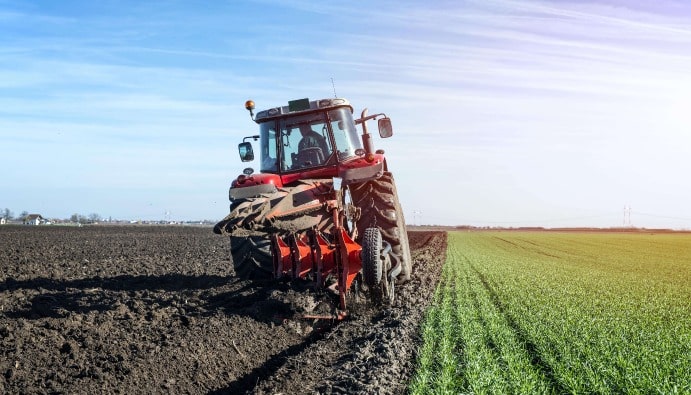Agricultural Irrigation Water Analysis: Quality Control
Why is Agricultural Irrigation Water Analysis Done?

Irrigation Water
The quality of water used in agricultural irrigation has a significant impact on plant growth, soil health and overall agricultural productivity. Pollution and chemical imbalances in water resources can cause serious problems in agricultural production. Therefore, regular analysis of irrigation water quality is essential for sustainable agricultural practices.
Irrigation water analyzes are the analyzes carried out to determine whether the sample taken from any water source (stream, pond, well water, etc.) can be used as irrigation water. Water quality is related to the intended use of water. The water used should be evaluated according to the area of use. For this reason, water samples taken from the water source should be analyzed in detail in the laboratory according to the intended use criteria.
Knowing the quality characteristics of irrigation water and the substances in it is important for the continuity of soil fertility. The quality of irrigation water also has an effect on the decline or cessation of plant growth. If the quality of irrigation water is not good, it may cause the salinity of the lands irrigated with this water to increase and become barren over time, and may have a negative effect on the development of irrigated plants. For this reason, it is necessary to determine whether irrigation water can be used or not by having it analyzed beforehand.
The analyzes recommended by the Ministry of Food, Agriculture and Livestock in determining the quality of irrigation water are given below.
- pH: It is an analysis that measures the hydrogen ion concentration to evaluate the acidic or basic properties of water.
- Sodium (Na): A test that evaluates the effects of water quality and agricultural irrigation by determining the amount of sodium in samples.
- Potassium (K): A measurement to analyze agricultural and environmental impacts by measuring the potassium content of water or other samples.
- Calcium (Ca): An analysis that evaluates water hardness and mineral content by determining the calcium level in samples.
- Magnesium (Mg): A test that measures the magnesium content of water and evaluates its effects on total hardness and water quality.
- Total Alkalinity (Carbonate-Bicarbonate): An analysis that measures acid buffering capacity by determining the carbonate and bicarbonate content of water.
- Chlorine (Cl-): It is a test that evaluates the chemical balance and corrosion potential of water by determining the amount of chloride ion in samples.
- Sulfate (SO4-): An analysis to analyze water quality and corrosion effects by measuring the sulfate ion concentration of water.
- Total Hardness: A measurement that evaluates the suitability of water for its intended use by determining the degree of hardness based on calcium and magnesium content.
- Boron (B): A test to analyze the suitability for agricultural irrigation and toxicity risks by measuring the boron concentration in samples.
- Sodium Adsorption Rate (SAR): A ratio calculation used to assess the effects of sodium in irrigation water on soil fertility.
- Electrical Conductivity (EC): An analysis that evaluates dissolved salt content and overall mineral concentration by measuring the electrical conductivity capacity of water.
Nanolab Laboratories Group continues to provide services within the scope of Agricultural Irrigation Water Analysis. We also provide services in Seawater Analysis.
Contact us for more information.
You can follow us on LinkedIn for up-to-date news and posts about our services.
Follow our Instagram account to be informed about our latest blog posts.

